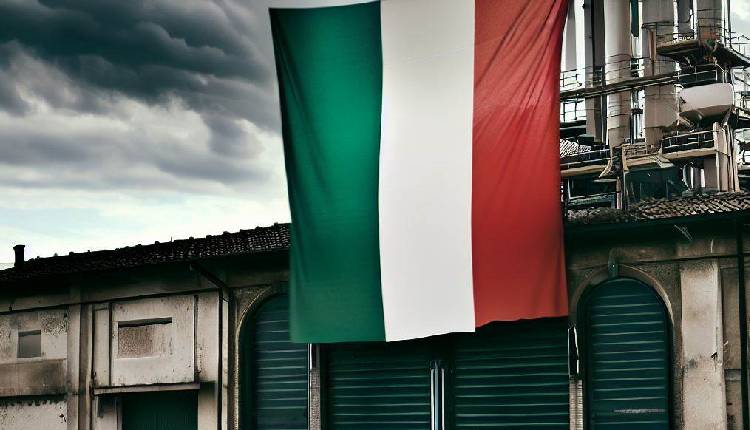Italy’s manufacturing sector continued to face subdued demand in August, but recent data from the HCOB PMI provided a glimmer of hope.
The Manufacturing Purchasing Managers’ Index (PMI) edged up to 49.4 in August from 47.4 in July, marking the third consecutive monthly increase. Although the index remains below the 50.0 growth threshold, the latest figure suggests a slower contraction in the sector.
Key components of the PMI, including output, new orders, purchasing activity, and input stocks, all declined at softer rates, reflecting a modest improvement in the sector’s health.
Export orders also followed this trend, with a sustained but slower decline in August, extending the sequence of contraction to nearly 18 months.
August saw a slight dip in input buying, with firms noting subdued order numbers and a shift towards automated purchasing.
Stocks of purchases continued to fall, marking nearly a year-and-a-half of depletion, while vendor performance improved due to better material availability.
For the first time in three months, Italian manufacturers increased their workforce, with job creation at its quickest rate in five months. However, backlogs of work continued to be reduced, though at the slowest rate in over two years.
Despite ongoing challenges, business confidence in Italy’s manufacturing sector surged in August, with the proportion of optimists outweighing pessimists by 52 per cent to 4 per cent. This boost in confidence, coupled with a slight easing in cost pressures, led firms to raise their charges for the first time since February 2023.
Dr. Tariq Kamal Chaudhry, economist at Hamburg Commercial Bank, noted that while the PMI’s rise is a positive sign, the sector still faces significant challenges, including sluggish new orders and persistent price pressures.
The optimism among businesses, he cautioned, might be more rooted in hope than reality, as total and international order intakes remain in decline.
Attribution: S&P Global
Subediting: M. S. Salama


